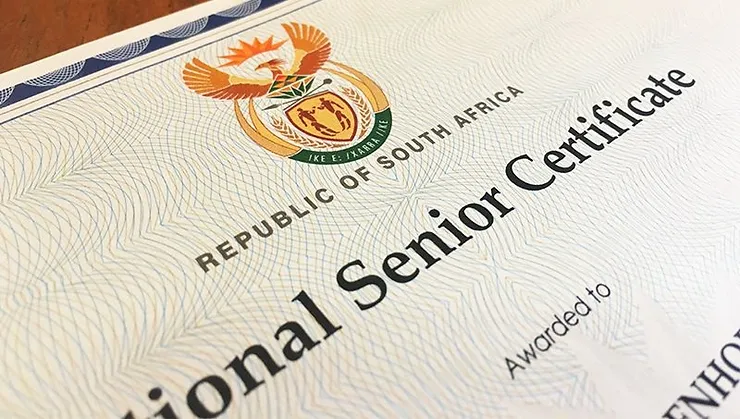
UMALUSI is the main certification body for the National Senior Certificate in South Africa. It is responsible for the development, supervision, and accreditation of the curriculum for general education qualifications such as the National Senior Certificate. While UMALUSI is responsible for other certifications and accreditations besides the National Senior Certificate, this article focuses on the National Senior Certificate (Grade 10 – 12) and its associated assessment bodies. We also provide an overview of why certification and structured assessment is important for all students.
The Main Assessment Bodies for the National Senior Certificate
The three main assessment bodies accredited by UMALUSI to offer the National Senior Certificate are the DBE (Department of Basic Education), IEB (Independent Examinations Board), and SACAI (South African Comprehensive Assessment Institute). These organisations operate independently from each other, but they all fall under the UMALUSI accreditation umbrella for assessment and curriculum dispensation.
The Department of Basic Education (DBE) is the main governmental department in charge of overseeing the National Senior Certificate. While the DBE can set out education mandates and request certain alterations to a specific curriculum (governed by the National Qualifications Act No. 67 of 2008 [as amended]; and the General and Further Education and Training Quality Assurance Act No. 58 of 2001 [amended in 2008]), it is ultimately still the responsibility of UMALUSI to ensure that the prescribed curriculum is appropriate for the National Senior Certificate. The Department of Education is also largely responsible for education in public schools.
The Independent Examinations Board (IEB) is the assessment body that governs private schools and private education. The IEB is an independent assessment body that provides an alternative to the above option. Students can still obtain an UMALUSI-accredited NSC qualification, and the curriculum is regulated by the DBE. While the core curriculum is still the South African National curriculum, the IEB NSC is internationally benchmarked.
Finally, the South African Comprehensive Assessment Institute (SACAI) is the assessment body chiefly responsible for distance education. SACAI complies with the NQF (National Qualifications Framework) to offer the NSC qualification. This assessment body exists to address a specific need in South Africa – to assess the NSC and other qualifications and make it accessible to a diverse range of learners. SACAI functions as a UMALUSI Assessment Body and Elroi Academy is a registered distance education provider with SACAI. Elroi thus offers the NSC (Grade 10 – 12) and Matric rewrites through SACAI.
What Accreditation Means for Students and Potential Applicants
Accreditation by an officially recognised body (such as UMALUSI) affords a qualification (such as the NSC) more credibility. It is not enough for an educational programme or curriculum to be “good” – it needs to meet specific criteria (as set out by the DBE) and the only way to ensure these criteria are met is by being accredited by an officially recognised accreditation body. This allows for the standardisation of exams and assessments, which means the final qualification would be equivalent to its counterparts obtained from other sources (for example, obtaining your NSC from a public school or through a distance education provider).
If you are interested in doing Grade 10 to 12, rewriting or upgrading your matric, get in touch with Elroi. As a registered SACAI distance education provider, our Matric graduates receive an UMALUSI-accredited NSC qualification. You can learn more by clicking here.



